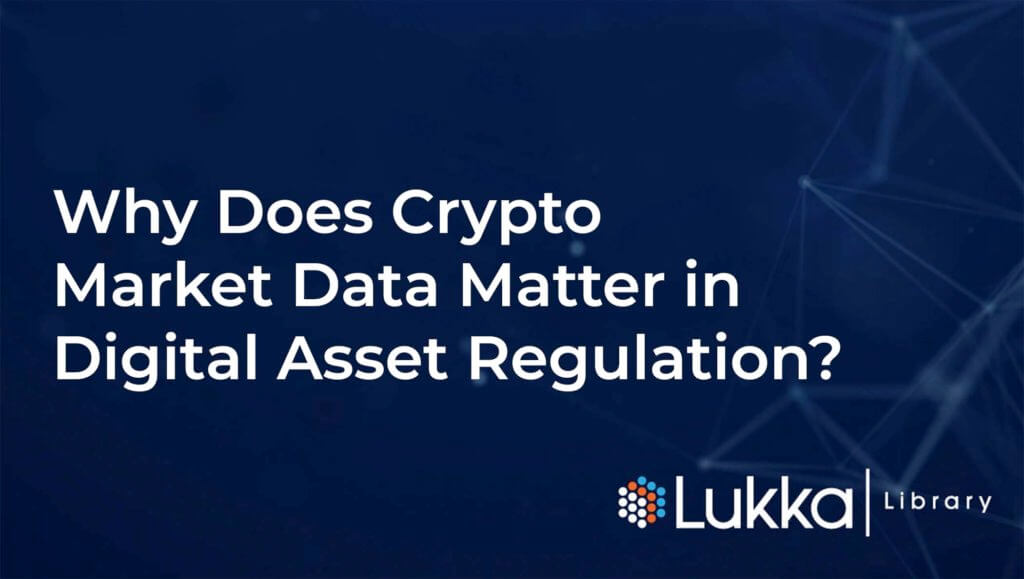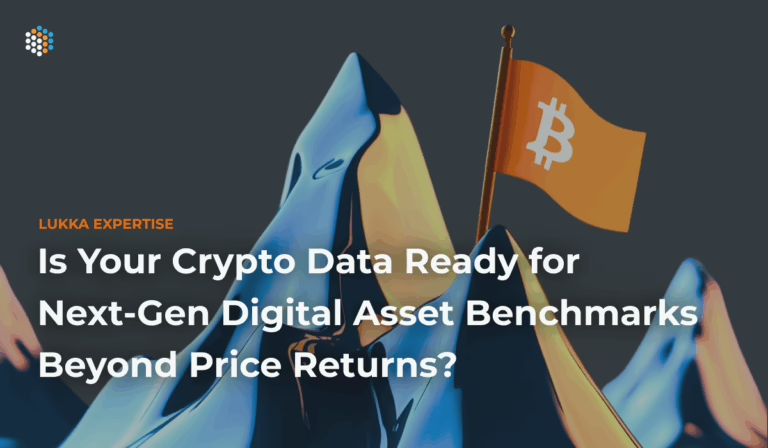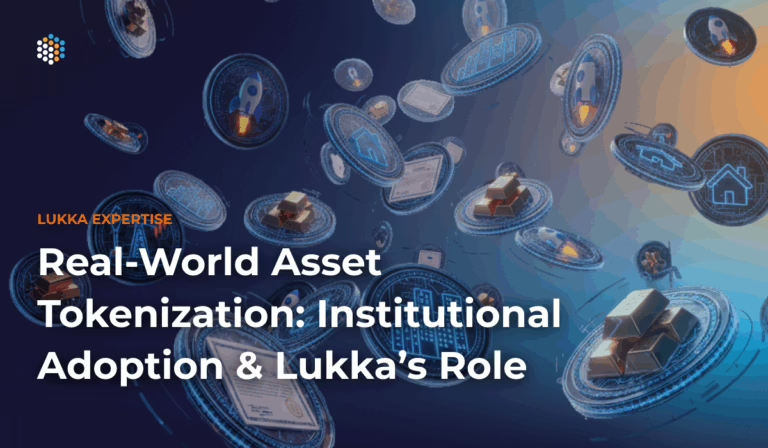More and more, traditional institutions are coming to see the potential of including blockchain-based cryptocurrencies and other digital assets among their offerings to clients who are currently participating in broader capital markets. The impact of this new attitude among venerated institutions has not only been to add significant liquidity to digital asset markets, but perhaps as importantly, to legitimize this as a class of assets among their brethren. At Lukka, working with established financial market participants like Standard and Poors, IHS Markit and State Street Bank, we’ve had a front row seat to watch this amazing transformation. However, for crypto markets to continue to mature, we must marry the decentralization and efficiency that have been their strength so far with the provision of timely, accurate crypto market data that will make them palatable for the mainstream.
Cryptocurrencies, like the popular and valuable Bitcoin and Ethereum tokens, are digital assets and something entirely new to finance. They are based on decentralized blockchain networks that exist separate and apart from the systems of fiat sponsored by governments and central authorities. These digital assets are a new and maturing class of property that is revolutionizing global markets and industries in multiple ways. Without question, this new asset class has the potential to power an entirely new system of decentralized finance that will significantly reduce costs, time, and efforts surrounding asset management, personal savings, payments and transactions.
However, just because they were not created by central authorities and because they have revolutionary potential, does not mean that cryptocurrency markets will operate with immunity from the laws applicable to traditional finance. Whenever money is involved, there will be rules and regulations. For example, there are AML/KYC requirements for financial institutions. And taxes for everyone. Furthermore, as the market for crypto assets has grown, both in the numbers of people participating and in the amount of money involved, that success has accelerated the focus and attention of regulators in its direction.
Witness the infrastructure bill currently under consideration in Congress. Lawmakers have seen in digital assets a source of potential funding for their priorities and formulated a way to access it. Likewise, they have also seen a growing ecosystem where there have been examples of harmful activity and are exploring legal frameworks that they could apply to rein it in. Both of these trends will continue with the growth of crypto asset markets and both will involve the gathering, parsing and importantly, verification of cryptocurrency market data.
The decentralization that characterizes the blockchain infrastructure underlying digital asset markets has been a challenge when it comes to data accuracy. While it has unquestionably fueled crypto’s success and expansion, this same decentralization also makes it incredibly difficult to derive the crypto market data that will be required to comply with the impending regulatory and tax regime. This is an especially important concern for large traditional institutions who have more assets, heightened requirements as fiduciaries and more infrastructure that they will need to adapt to the new environment.
Unlike in the traditional markets we have grown accustomed to, where relatively clear market data has historically allowed investors to view current asset prices, accurately value derivatives and track changes over time, the markets for digital assets are much more opaque. Due in part to crypto price volatility, volume, market fluctuations and regulatory changes it is hard to access and understand accurate real time crypto market data.
Another major reason for the inadequacy of crypto market data is the sheer variety of trading venues from which it emanates. In contrast to traditional markets where there are a finite number of outlets reporting transactions, in digital asset markets, pricing data is retrieved from a variety of different crypto exchanges, each calculating prices for these assets in their own way. As a result, accurately representing the value of a crypto asset at any point in time requires a significant expertise in parsing these inputs to separate the wheat from the chaff.
One of the distinguishing features of modern markets is the speed of the dissemination of pricing information. With real time data, information about trades and prices is accessible almost instantly and asset allocations can be adjusted almost as fast. Combined with access to clear, consistent, trusted historical data, real time data gets capital to its most efficient uses in seamless fashion.
In crypto, which is experiencing exponential growth with thousands of tokens in the market and more being created daily, the importance of having fast, accurate market data to the continued development and legitimization of this market cannot be overstated.
At Lukka, we will continue to work hard on the data solutions that will help to move these markets forward. Whether the challenges we face are the taxes and increased regulation that we know are coming or unexpected developments in these markets that we cannot predict at this still nascent stage, there is one thing that we can say with a high degree of confidence: clear and credible data will be the key to emerging successful on the other side.



